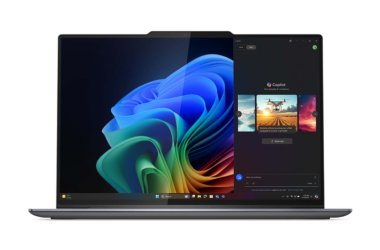UAE organisations rapidly investing in hybrid cloud environments will drive the country’s cloud business revenue to increase by $5.44 billion (AED 20 billion) to 2022.
According to a recent report by research and analyst firm IDC, there is a strong cloud opportunity in the UAE as public cloud spend in the country is expected to quadruple to $4.08 million (AED 1.5 billion) in three years generating $5.44 billion (AED 20 billion) in net new revenues and creating 55,000 jobs.
Providing UAE organisations with integrated cloud experiences and digital workspaces, Dell Technologies and Microsoft recently announced an expanded partnership for VMware Cloud on the Microsoft Azure public cloud.
With Microsoft officially launching its first Middle East data centre in the UAE, organisations here are set to gain new levels of best practices in cloud business, argues Andrew Calthorpe, CEO, at the UAE-based IT infrastructure and information management consultancy and solutions provider Condo Protego.
“As the UAE economy becomes more competitive, Microsoft’s upcoming data center will allow organisations to more rapidly adopt a cloud-first strategy to drive IT optimisation and optimised costs,” said Andrew Calthorpe, CEO, Condo Protego. “UAE’s cloud businesses can lead to new levels of business and economic growth.”
IDC adds that not every UAE organisation needs to move solely to the public cloud. In fact, the highest levels of business innovation could come from a hybrid cloud model, with core applications running on-premise and others on the public cloud.
In the UAE, Condo Protego is seeing strong hybrid cloud demand among both medium and larger enterprises, across every industry vertical from government and oil and gas, to education, retail, and transport and logistics.
“Specialised channel partners can help organisations determine their public cloud based on business operations and technology to optimise costs and agility,” said Calthorpe. “The UAE’s existing VMware customers are ideally-positioned to leverage the Microsoft data center to move to a consumption-based model, which means paying as you go and no longer having to worry about hardware or services.”





